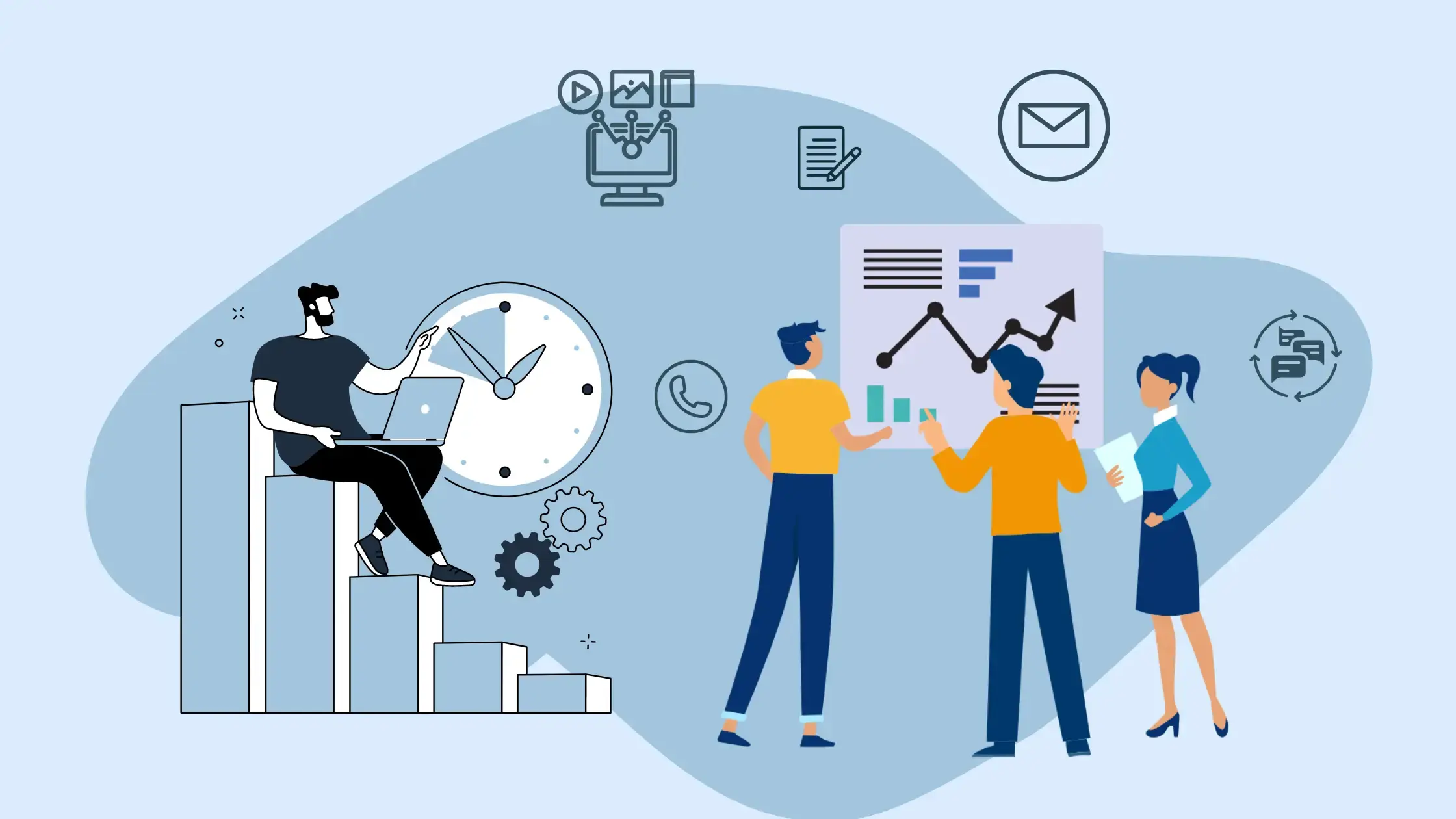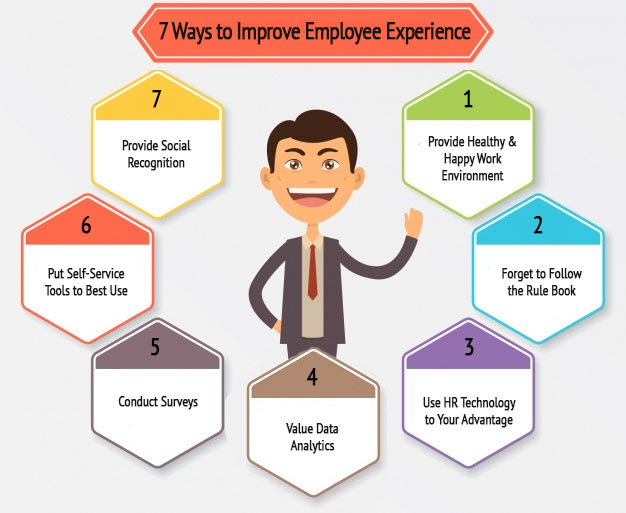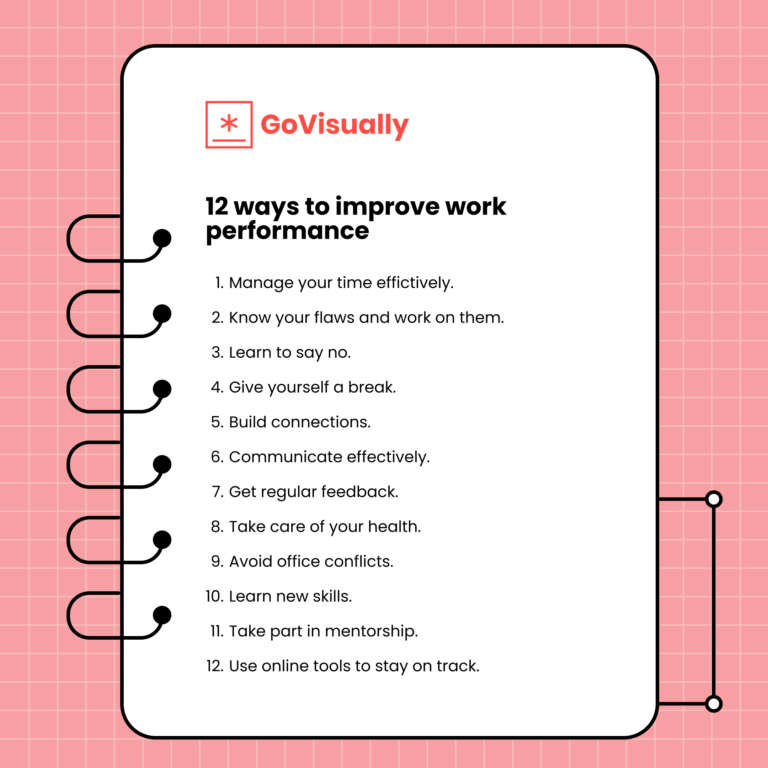Ways An Employee Can Improve Work Performance

Employee performance lagging? Boost productivity now with actionable strategies proven to drive results. Immediate implementation can yield significant improvements.
This article provides concrete steps employees can take to enhance their work performance. Focusing on time management, skill development, and communication, these strategies aim to elevate individual contributions and overall team success.
Mastering Time Management
Effective time management is crucial. Prioritize tasks using methods like the Eisenhower Matrix, separating urgent and important activities from those that can be delegated or eliminated.
According to a study by Harvard Business Review, individuals who prioritize effectively experience a 25% increase in productivity. Break down large projects into smaller, manageable steps with realistic deadlines.
Utilize time-blocking techniques to allocate specific time slots for different tasks. Eliminate distractions, such as social media and unnecessary emails, during focused work periods.
Continuous Skill Development
Invest in continuous learning to stay relevant and improve expertise. Identify skill gaps and actively seek opportunities for professional development.
Attend workshops, conferences, and online courses to acquire new knowledge and refine existing skills. LinkedIn Learning reports that employees who dedicate time to learning are 47% less likely to be stressed.
Seek feedback from supervisors and colleagues to identify areas for improvement. Embrace challenges and view mistakes as learning opportunities.
Enhancing Communication Skills
Clear and concise communication is essential for collaboration and productivity. Practice active listening to understand perspectives and avoid misunderstandings.
According to a Gallup poll, companies with highly engaged employees outperform their competitors by 147% in earnings per share. Use appropriate communication channels for different types of information, such as email for detailed updates and face-to-face meetings for complex discussions.
Develop strong written communication skills, ensuring emails and reports are clear, concise, and error-free. Proactively share information with team members to maintain transparency and alignment.
Seeking Feedback and Support
Regularly solicit feedback from supervisors and colleagues to gain insights into performance. Be open to constructive criticism and use it as an opportunity to improve.
Don't hesitate to ask for help when needed. Building a support network within the workplace can provide valuable assistance and guidance.
Schedule regular check-ins with supervisors to discuss progress, challenges, and goals. Proactive communication fosters a collaborative and supportive work environment.
Maintaining a Positive Attitude
A positive attitude contributes to a productive and fulfilling work experience. Focus on solutions rather than dwelling on problems.
Cultivate a growth mindset, believing that abilities and intelligence can be developed through dedication and hard work. Recognize and celebrate successes, both personal and team-based.
According to a study by the University of California, Riverside, happy workers are 20% more productive than unhappy workers. Practice gratitude and focus on the positive aspects of the job.
Next Steps
Implement these strategies immediately to witness tangible improvements in work performance. Regularly assess progress and adjust approaches as needed.
Ongoing commitment to self-improvement is key to long-term success. Continuous learning and adaptation are essential in today's dynamic work environment.
Seek further resources and training opportunities to enhance skills and stay ahead of industry trends. Your career trajectory depends on your proactive engagement in professional development.
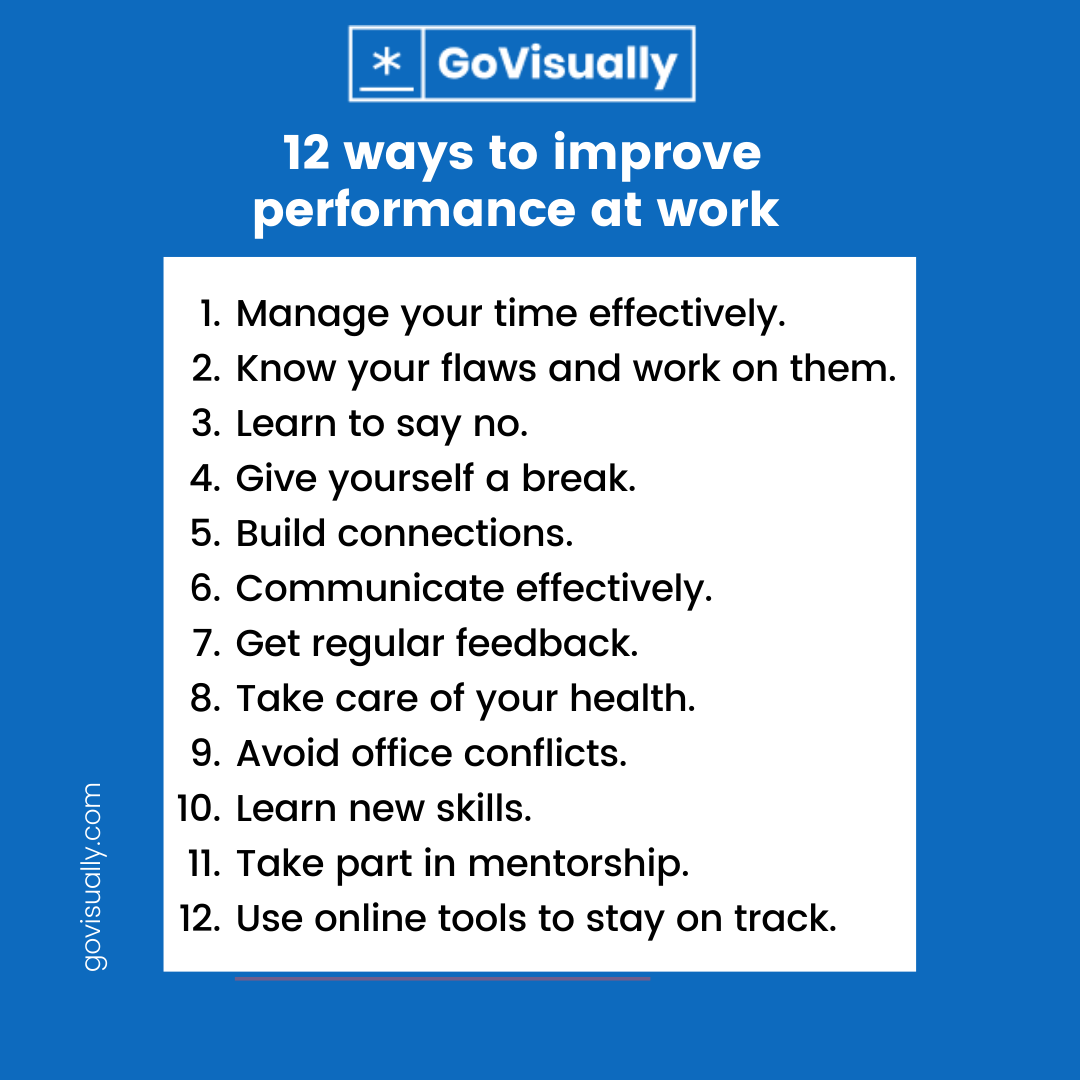

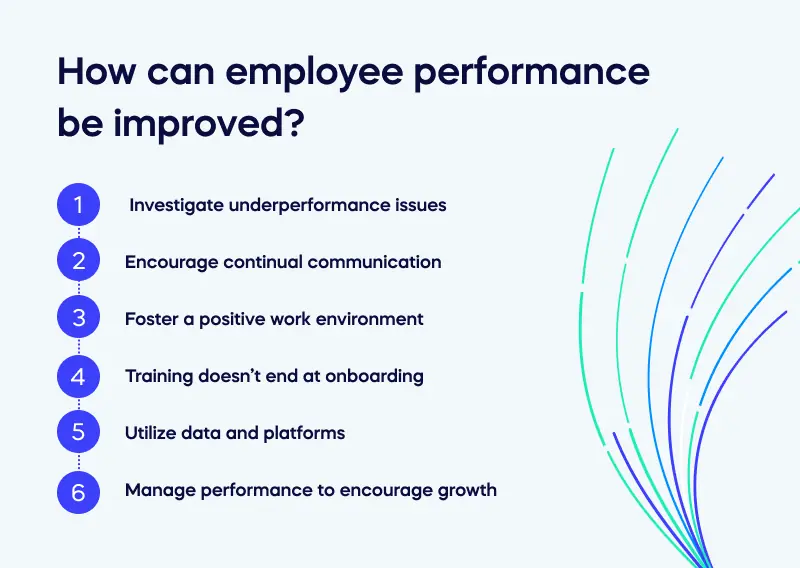


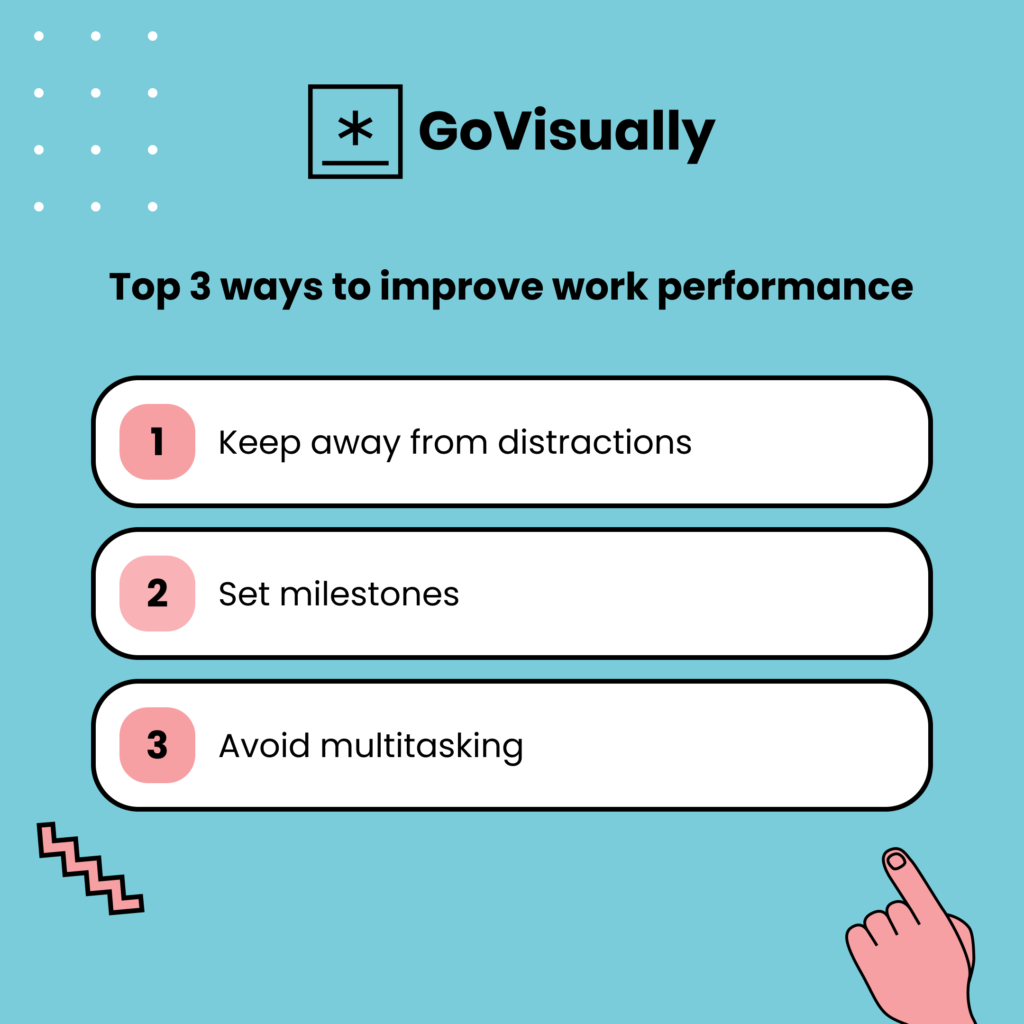
![Ways An Employee Can Improve Work Performance 7 Strategies to Improve Employee Performance [That Actually Work]](https://blog.gyde.ai/content/images/size/w2000/2023/07/7-Strategies-to-Improve-Employee-Performance1.jpg)




